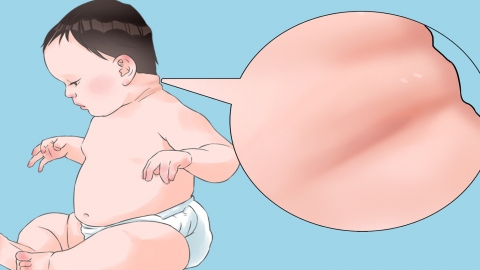What is a Down syndrome baby?
Generally, babies with Down syndrome are children with congenital diseases caused by an extra copy of chromosome 21. If any abnormalities are detected, it is recommended to seek medical advice promptly. Detailed analysis is as follows:

Down syndrome babies typically exhibit distinctive facial features, including wide-set eyes, a flattened nasal bridge, small and upward-slanting eye openings, frequent open-mouth posture with tongue protrusion, short stature, short and broad limbs, hands often having a single palmar crease, increased joint mobility, delayed motor development, and later sitting, standing, and walking milestones compared to typically developing children.
Babies with Down syndrome commonly have varying degrees of intellectual disability, delayed language development, poor comprehension and expression abilities, difficulties with abstract thinking, and some may also have malformations of organs such as the heart and gastrointestinal tract, making them prone to recurrent infections that affect their health and quality of life.
During pregnancy, it is important to undergo Down syndrome screening on schedule. If diagnosed, professional recommendations should be followed. After birth, early intervention with rehabilitation training and special education should be initiated as soon as possible to enhance the child's ability to perform daily living activities independently.





